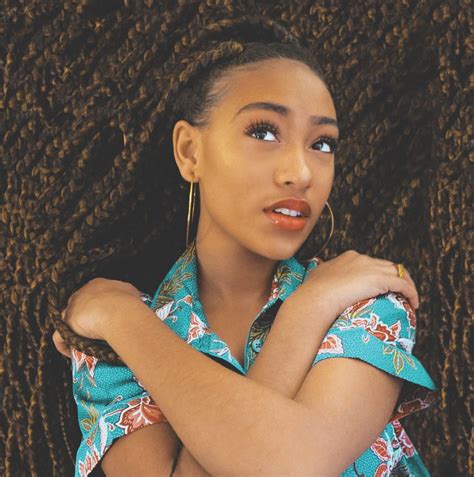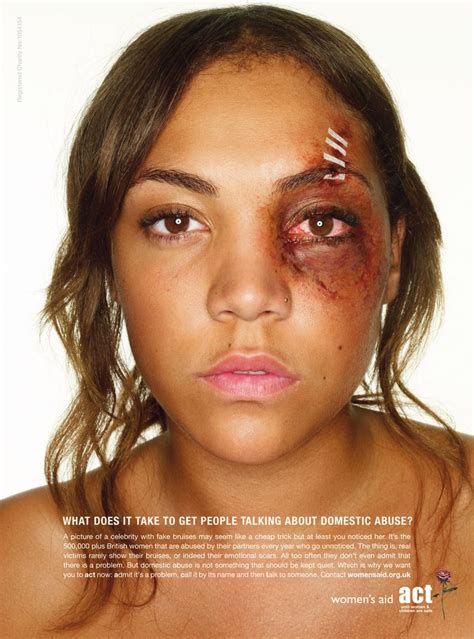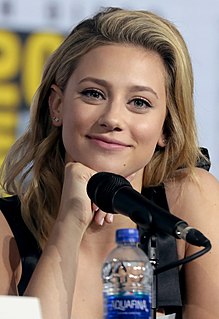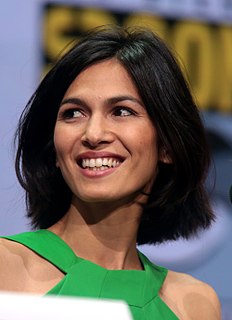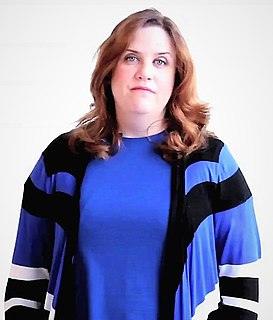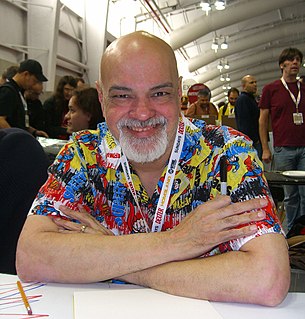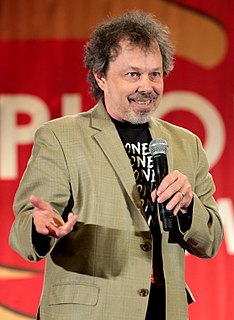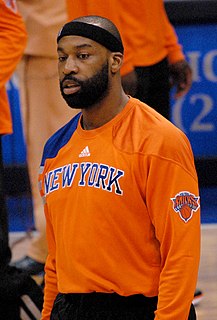A Quote by Lexi Underwood
Growing up, usually when I saw a black female on television, she was either a broken character or sidekick.
Related Quotes
I'm very conditioned by my surroundings, by the influences of social media, by the television I watch. And I always found, growing up, that even inspiring female characters or complex female characters in television and film, I often found that their complexity was actually just another facet of their sexuality.
Any movie you see, if Tom Cruise is in an action movie or whatever it is, The Avengers, there's going to be a kick-ass female character. Usually one. And there's a term for this, but I don't know what it is. But someone's coined a term where there's one female character who's incredibly tough and strong and just as good as the guys at whatever it is they’re doing, and usually wearing black, skin-tight clothes, and [she] has no personality whatsoever, and is not funny.
I'm not a writer; I'm an actor. My job is to take whatever character I'm given and - especially because I have the responsibility of being a black actress, and I know young black girls are looking up, and everyone's looking to what's on television - to just try to give whatever character I'm playing as three-dimensional a portrayal as I can.
As an actor I'm part of a long line of character people you can take back to the silent movies. There's always the little guy who's the sidekick to the tall, good-looking guy who gets the girl. People tend to not think of themselves as Tom Cruise or Bruce Willis. The leading man is something that they might like to be, but they aren't. The sidekick is somebody that they feel a little closer to, because the sidekick has the same human failings that they do.
The first decade of the twentieth century was not a great time to be born black and poor and female in St. Louis, Missouri, but Vivian Baxter was born black and poor, to black and poor parents. Later she would grow up and be called beautiful. As a grown woman she would be known as the butter-colored lady with the blowback hair.
